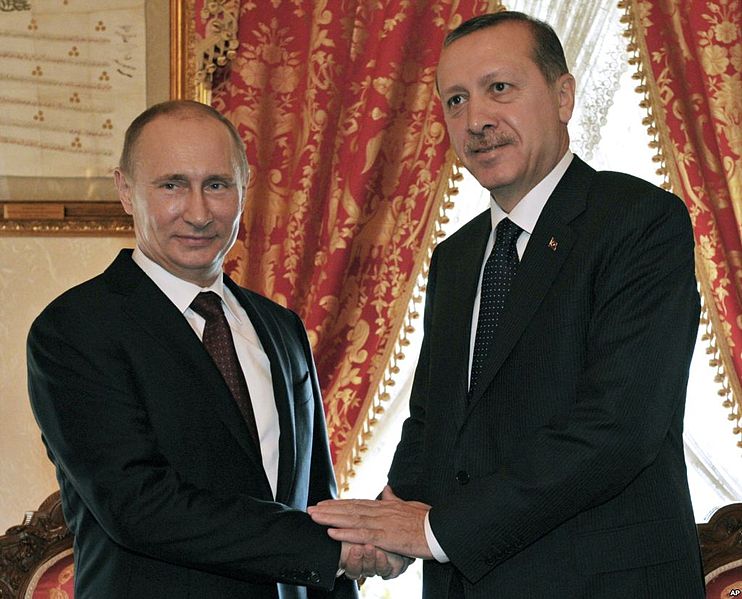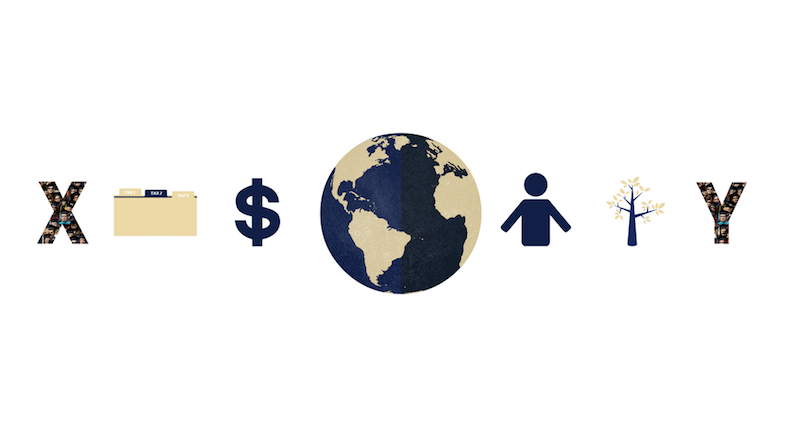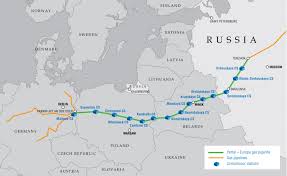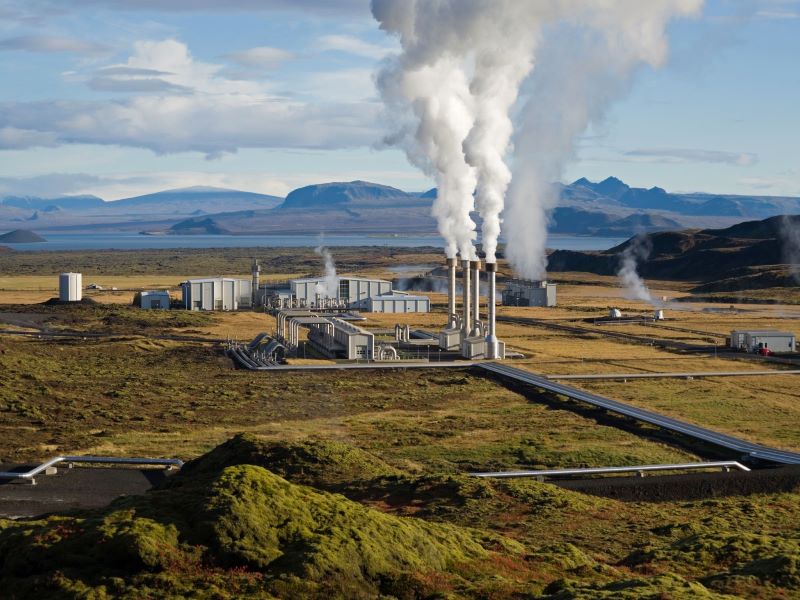The downing of a Russian jet by Turkish F-16 fighters and subsequent deterioration of relations between the two countries has led Russia to call for retaliatory economic measures. Just the latest victim of the Syrian conflict, the Russian-Turkish economic relation stands to lose from the proposed economic sanctions with increased economic engagement between the two in recent times. Following the annexation of Crimea by Russia, the resulting economic sanctions imposed upon Russia by the EU led them to seek trade and economic opportunities elsewhere with Turkey being a convenient neighbour.
Two by-products of Western sanctions on Russia were increased trade between Russia and Turkey in agriculture and energy. As a result of self-imposed sanctions on agriculture imports from the EU, Russia sought Turkey as an attractive trade alternative with roughly 20% of Russian vegetable imports originating in Turkey. Turkish businesses were also in the process of furthering trade negotiations in areas like dairy exports and bargaining for key resources like wood and oil which are now likely to be stalled.
The latest measures taken by Russian Agriculture Minister Alexander Tkachyov establishes precedent for the use of trade restrictions and could potentially lead to retaliatory measures by the Turkish government despite the increasingly interdependent trade relations between the countries. Restrictions include indirect trade sanctions on Turkish agricultural products, with 15% of imports being deemed unfit according to Russian food safety regulations for having high levels of various bacteria and pesticides. The Russian watchdog for food safety standards, Rosselkhoznadzor recently announced the withdrawal of over 800 kilograms worth of Turkish produce from store shelves and additional checks at production sites and the border have led to a significant slowdown in the flow of goods between the two countries. However, these import restrictions on Turkish vegetables and fruits might further escalate Russian inflation rates which are already at around 15%, partly due to import sanctions on EU produce.
Western governments have also been reluctant to buy oil from Russia for fear of dependence on a potentially unstable source of oil following activities in Crimea. As a result, Russia expanded energy investment projects with Turkey and other regional countries in Central Asia. Large projects like the TurkStream gas pipeline extending from Russia to Greece through Turkey have been under threat with Gazprom, Russia´s largest natural gas producer, announcing plans to halve the pipeline capacity to 32 billion cubic meters per year. However, political instability might also bring an increase in the price of crude blend oil from the Urals and dent revenues of large state-affiliated energy companies like Rosneft, Lukoil and Gazprom amidst the worry of disruption to Russian oil supplies flowing through the Bosporus and the Dardanelles Straits. Any potential energy measures limiting trade might have the adverse effect of lowering investor confidence in Russian energy companies who might base business decisions on political occurrences.
Any negative impact on these large energy extraction projects bring long term implications for Turkey which imports around 60% of its natural gas needs from Russia, making it Russia´s second largest gas export destination. Nearly 30% of Turkey´s oil imports also come from Russia and any limitations in energy exports to Turkey might increase Turkish inflation and hurt businesses.
The Russian government also took measures to restrict travel to Turkey with advisory warnings against non-essential travel to Turkey, citing terrorist threats against Russian citizens with comparisons to the recent downing of a Russian passenger jet in Egypt. Russia has reinstated visa restrictions for travel between the countries and has asked travel agencies to stop operating trips to Turkey. Considering the fact that Russia accounts for 10% of all tourists to Turkey, bringing in US $2.7 billion, this could deal a sizeable blow to the Turkish balance sheets which depends on tourism as a large source of revenue to help alleviate its trade deficit with Russia. Turkey is a net contributor to the Russian economy with exports to Russia worth US $5.9 billion and imports of Russian goods amounting to US $25.2 billion.
Despite Putin´s resorting to economic retaliation against Turkey as a means of preserving his image as a strong and reliable leader in domestic politics the result is a lose-lose situation. The current situation is a far cry from the 2014 proposal to triple trade volumes between Russia and Turkey to US $100 billion by 2020 and serious questions need to be asked whether Russia´s economic retaliation is hurting more than it is helping the country.





